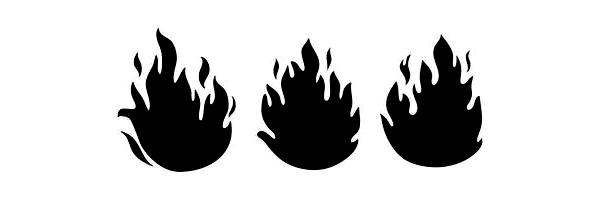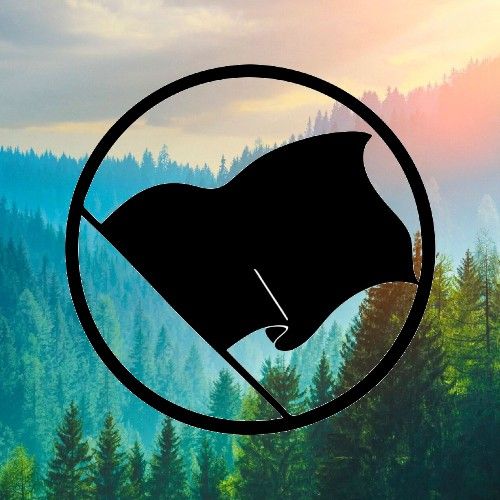
"While the problem of humanization has always, from an axiological point of view, been humankind's central problem, it now takes on the character of an inescapable concern. Concern for humanization leads at once to the recognition of dehumanization, not only as an ontological possibility, but as a historical reality, and as an individual perceives the extent of dehumanization, he or she may ask if humanization is a viable possibility. Within history, in concrete objective contexts, both humanization and dehumanization are possibilities for a person as an uncompleted being conscious of their incompletion, but while both humanization and dehumanization are real alternatives, only the first is the people's vocation. This vocation is constantly negated, yet it is affirmed by that very negation. It is thwarted by injustice, exploitation, depression and violence of the oppressors. It is affirmed by the yearning of the oppressed for freedom and justice, and by their struggle to recover their lost humanity. Dehumanization, which marks not only those whose humanity has been stolen but also though in a different way those who have stolen it, is a distortion of the vocation of becoming more fully human. This distortion occurs within history, but it is not a historical vocation. Indeed, to admit of dehumanization to a historical vocation would admit either to cynicism or total despair. The struggle of humanization, for the emancipation of labor, for the overcoming of alienation, for the affirmation of men and women as persons would be meaningless. This struggle is only possible because dehumanization, although a concrete historical fact, is also not a given destiny, but the result of an unjust order than engenders violence in the oppressors, which in turn dehumanizes the oppressed. Because it is a distortion of being more fully human, sooner or later being less human leads the oppressed to struggle against those who made them so. In order for this struggle to have any meaning, the oppressed must not, in seeking to regain their humanity -- which is a way to create it -- become in turn oppressors of the oppressors, but rather restorers of the humanity of both. This, then, is the great humanistic and historical task of the oppressed: to liberate themselves and their oppressors as well."
--Paulo Freire, "Pedagogy of the Oppressed"
NEW VIDEO! I talked on stream about my criticisms of some left-wing thinkers and groups with whose words I take issue.
it's small, but the first ways i'm trying to do so are in developing my own relationships to places in their fuzzy categories. the interrelations between the different lives, the obstacles to flows, the different practical-philosophies that make them up. and trying to connect that to different possibilities of mutuality and cooperation against domination.
i've been thinking a lot about what i have the capacity to do, what my relationships with different pieces of the world can do to change the possibilities around me.
i don't know the language to describe my changing beliefs about the world and the powers inherent and immanent to it. i feel like a lot of my work reading has been trying to discover the language i was looking for, and it has gotten me closer but i still feel so far....
i want to try to write some while i'm out here. i always feel closer to a power i can identify with out here
A wandering deer, building shrines along the way.
